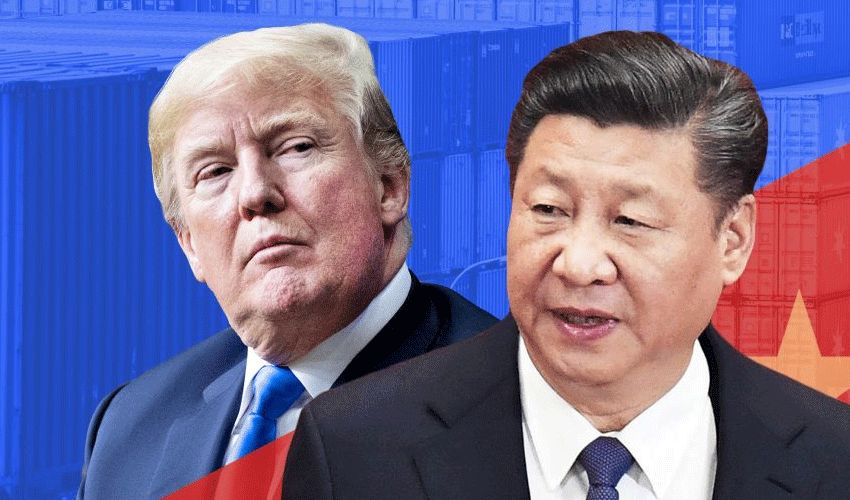Kamala Harris vowed a tougher approach to migration along the U.S. southern border and said she would not withhold weapons to Israel, in her first interview with a major news organization since becoming the Democratic nominee for president.
In the interview with CNN anchor Dana Bash, Harris sought to show she is in command of the issues and give Americans a sense of her policy positions with little more than two months until Election Day on Nov. 5.
Kamala Harris vowed a tougher approach to migration along the U.S. southern border and said she would not withhold weapons to Israel, in her first interview with a major news organization since becoming the Democratic nominee for president.
In the interview with CNN anchor Dana Bash, Harris sought to show she is in command of the issues and give Americans a sense of her policy positions with little more than two months until Election Day on Nov. 5.
"If the vice president is interested in a ceasefire, she must support an immediate stop to sending the fire," Alawieh said.
Harris, joined by her vice presidential running mate, Minnesota Governor Tim Walz, also said she would like to add a Republican to her cabinet if she wins the election.
"I think it’s important to have people at the table when some of the most important decisions are being made that have different views, different experiences. And I think it would be to the benefit of the American public to have a member of my cabinet who was a Republican," she said.
SURGING IN POLLS
Since becoming the Democratic candidate for president last month, Harris has surged in the polls, brought in hundreds of millions of dollars in campaign donations, and had a series of forceful campaign speeches.
She leads Trump 45% to 41% in a Reuters/Ipsos poll published on Thursday that showed the vice president sparking new enthusiasm among voters.
Some critics suggested she might be less polished in unscripted settings like a TV interview, but she appeared to make no major mistakes on Thursday.
Harris defended her and Biden's handling of inflation, saying they inherited a pandemic-ravaged economy that she said Trump had mismanaged. She said much work had been done to lower prices but that "prices are still too high."
Jeremi Suri, history and public affairs professor at the University of Texas at Austin, said Harris came across as knowledgeable and a "consensus builder" in the interview but she could have had "more concrete and specific answers" on what she would do on her first day as president.
Harris has moved more toward the center on some issues from the time she ran for president in 2020 until she took over from Biden last month as the Democrats' choice to face Republican former President Donald Trump in the election.
She has toughened her position on migration along the southern U.S. border with Mexico. She also no longer wants a ban on fracking, an energy production method that employs many people in Pennsylvania, one of a handful of swing states that could decide the election.
When asked about her policy shifts, Harris said: "My values have not changed."
Harris dismissed a comment from Trump in which he questioned whether she was a Black American. "Same old tired playbook," she said. "Next question, please."
Trump, in a post on Truth Social, responded to the interview by saying: "I look so forward to Debating Comrade Kamala Harris and exposing her for the fraud she is." Trump often falsely refers to Harris as a Marxist.
Though she has taken questions from journalists on the campaign trail and been interviewed on TikTok in recent days, she had, until Thursday, not done a one-on-one interview with a major network or print journalist since Bidenended his reelection campaign on July 21 and endorsed her.
Bash, who co-moderated the June 27 debate between Trump and Biden that ultimately led to the president's departure from the race, conducted the interview in Savannah, Georgia, as Harris and Walz were on a campaign bus tour.


























